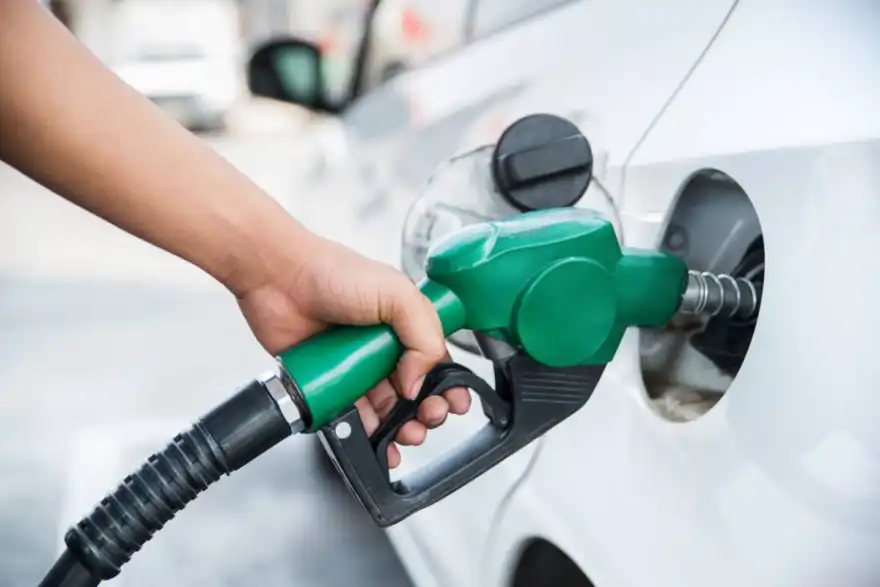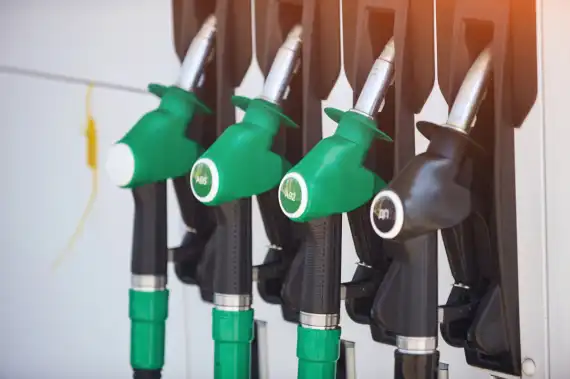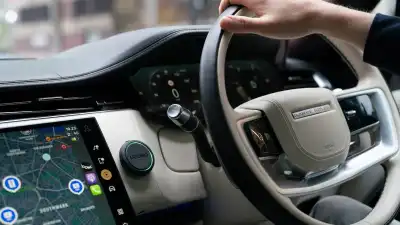
In March 2020, UK fuel prices fell by their ‘largest monthly margins’ for 12 years following the ‘complete collapse’ of the price of crude oil, RAC Fuel Watch stated. As such, the average cost of a litre of petrol fell from 122.72 pence to 113.54 (-9.18 pence per-litre). In addition, the average cost of a litre of diesel fell from 125.7 pence to only 117.8 (-7.90 pence per litre).
Let us consider the impact on motorists. At the start of March 2020, it cost £67.50 to fill a 55 litre tank with petrol. By the end of the month it cost £62.45 (-£5.05). Also, the cost to fill a diesel with the same size tank fell from £69.14 to £64.79 (-£4.35).
Cost of crude oil (March 2020)
Naturally, fuel prices at the pump were linked to the price of crude oil (per barrel). RAC Fuel Watch therefore emphasised how much it fell in March 2020. At the start of the month it was more than $50 per barrel. By the end it was less than $18. That equated to a fall of 66%. $18 per barrel was the lowest price for 18 years.

Why the fall? Because – as with anything – the price of oil is partly defined by supply versus demand. In March 2020 there was a ‘glut’, RAC Fuel Watch explained. In other words supply was plentiful. At the same time, coronavirus ensured there was less demand than typical at the pump. Fewer motorists were driving to work, for example. All non essential travel was effectively banned.
RAC Fuel Spokesman Simon Williams said: ‘Nothing prepared anyone for what would happen in March as the impact of the coronavirus began to be felt. An already oversupplied oil market was suddenly faced with an enormous shortage in demand as worldwide travel ground to a halt’. It was not just cars, after all. Cruise lines mothballed their fleets. Hundreds of planes stood empty on runways.
Fuel prices might fall further
The RAC’s Simon Williams also suggested fuel prices might fall further in the immediate future. ‘Wholesale fuel prices have slid so far that there remains scope for further price cuts’, he argued.
Whereas this might be good news for motorists that ‘have to travel’, it might cause problems for smaller retailers. ‘We are very mindful at this time of the pressure this can place on smaller, independent forecourts that provide a vital service in areas where there is no supermarket footprint’, Mr Williams stated.
He therefore hinted that motorists might like to support small, independent retailers in preference to some large competitors. ‘While we all want reasonably priced fuel for our essential journeys, surely none of us want to see smaller enterprises going out of business as they try to match the supermarkets’, he claimed.



